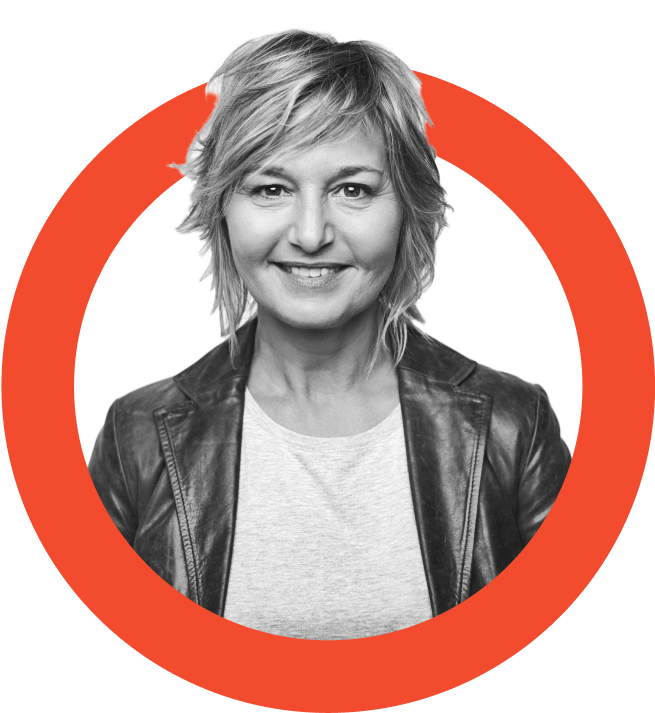Learning: we all think we know what it is. But how does it work? What is training? Can we learn training, or even better train learning? In this post, we’ll get to know a few learning methods and some exercises, which help improve the capacity for learning.
By the way, the advice in this post applies to learners of all levels and ages. At AJ Tutoring, we find great success introducing new learners to core academic subjects like reading, writing and math as part of our K-8 academic tutoring process. We also help students develop key test-taking skills for their first encounters with standardized tests like the ISEE, SSAT, and HSPT. We build on these very same skills as we work with students in challenging high school academic subjects like history and physics, all the way through exams taken for college admissions such as the SAT and ACT, and beyond to graduate school admissions tests like the GRE!
Although the specifics of the course or the exam often necessitate individualized coaching and a customized approach, the principles of learning remain the same. A lifelong commitment to reading and thinking critically, developing quantitative skills and engaging with challenging quantitative topics like economics: these are the principles that will allow you to lead a rich life and stay sharp intellectually.
With that mind, here are some pointers to improve core aspects of the learning process.

Taking Notes
Taking notes means listening. Not only passive hearing, but a true listening–follow the materials in your thoughts. Taking notes also means choosing: discerning between important, less or even not important information
Here are 10 tips for effective note taking:
- Use a lot of paper, write only on one side; use different sheets for overview mind maps and other notes.
- Listen closely and think actively along.
- To differentiate between important and unimportant material, watch out for the speaker’s signals (e.g. remarks, summing up a section as transition, emphasis).
- Only start writing once a “unit of meaning” is finished.
- Check continuously if you understand the connections and note and expand them separately in mind maps or structure diagrams.
- Write in an economical way: make only note of the essential.
- Use useful abbreviations, which are still understandable later.
- Don’t abbreviate names or unknown technical terms.
- If certain quote or literature references are important, make note of them especially thoroughly.
- Make note of your keywords in a way, that shows the connections and relations between the different pieces of information. Use arrows, boxes or emphasis with a highlighter.
Active Reading
Think about the material and make your own pictures. Use associations and mental pictures. Draw the pictures, use colors. Write summaries, try mind mapping. Be playful with the material and experiment with it. Explore, what about it is especially fun for you?
Finding Examples
Knowledge should be made alive and should be committed to memory in a multi-layered way.
With the help of examples you can make even “sober” material tangible, simplify it and take it the essence from it. It means to learn in a playful manner, hands–on, with your whole body and all your senses.
Examples:
- Create little cards and make a memory game.
- Go for a walk, so that all your senses are involved.
- You learn better in combination with a movement and the material can be recalled with that movement.
Drawing
Yes, drawing! Train the right hemisphere of your brain! It is well known that drawing and doodling activates our brain. Find opportunities to draw something, for instance while on a phone call.
Testing New Knowledge
Learning always happens in an active way: Try to use your new knowledge everywhere. Everything in your surrounding works according to this principle. Applying your knowledge in a new situation is a rewarding feeling and can motivate you to learn even more!

